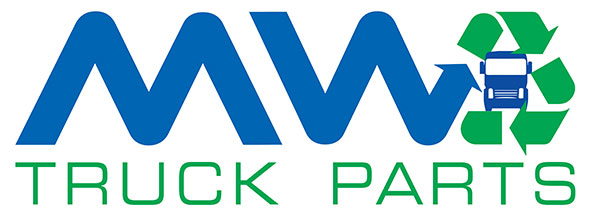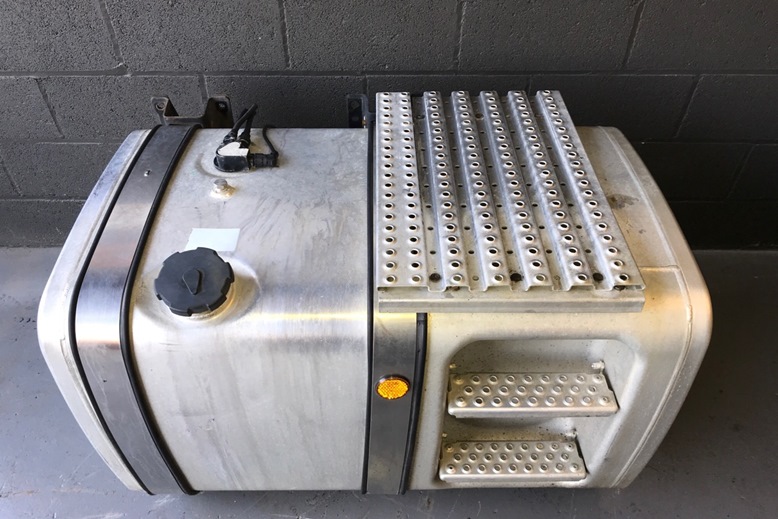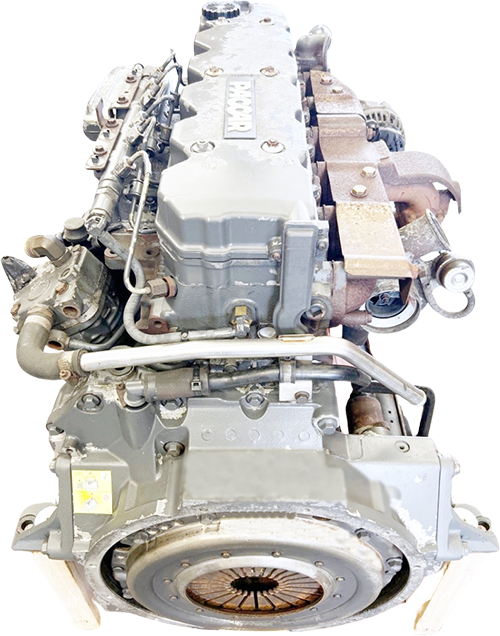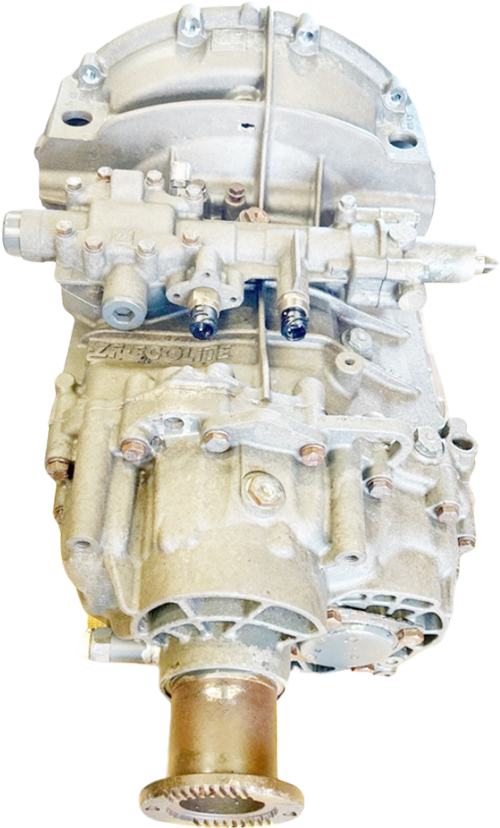The word ‘refinement’ when applied to vehicles refers to how civilised they are to drive, and to be a passenger in. Several things can contribute to this, including the smoothness of an engine and transmission, the amount of wind and road noise that enters the cabin, and how all the cabin’s controls and instruments feel to use.
Car makers, for example, use the word ‘refinement’ in abundance, and we would go as far as to say that it is a word that they push for from the people who review them. Simply put, the word ‘refinement’ sells because most people want a new car that’s smooth to drive and nice to ride in (that’s especially true in the case of family cars).
Trucks are a different kettle of fish however. A truck’s job is to haul cargo – and to haul that cargo reliably. Efficiency and downtime are the key selling points of new trucks, because those are the factors that save fleets money. Refinement, which is something only the driver would benefit from, isn’t particularly high on the requirements list.
For this reason, driving a truck isn’t a refined experience at all. In the cab, there’s plenty of wind and road noise and the big diesel engine at the front is obtrusive in terms of noise and vibration. Truck drivers do get used to this, and turning the music up is a decent cure, but it’s fair to say that truck refinement isn’t anything to write home about.
Truck Refinement – The Twenty-Year Gap
If you drive back-to-back a truck from 1999 and a truck from 2019, one of the first things you’ll notice is that cabin refinement has come a long way. Trucks today are simply nicer to drive than their ancestors. So, there has been an improvement over the last 20 years.
For example, truck cabs now have better soundproofing in the door cards and in the engine bay, which means there’s less engine noise and road noise in a new truck cab than in an old truck cab. Automatic transmissions are now smoother too, so there’s less of a jolt on upshifts and downshifts. The seats are also more supportive now, and there’s more technology in truck cabs. Most new truck cabs, for instance, have creature comforts like climate control and Bluetooth as standard, and while these are not necessarily contributory to refinement, they do make for a more pleasant drive.
Engine technology has also come a long way. Truck diesel engines are now less agricultural in character, with a smoother power delivery and response. Granted, they are still very loud and harsh, but they are better than they used to be. So, overall, truck refinement has progressed in the last 20 years, but to nowhere near the same level as cars. As previously pointed out, however, truck refinement is not one of the key considerations fleets have when choosing their vehicles. Efficiency and minimised downtime are the key selling points of new trucks for fleet operators. Refinement is a secondary consideration.










